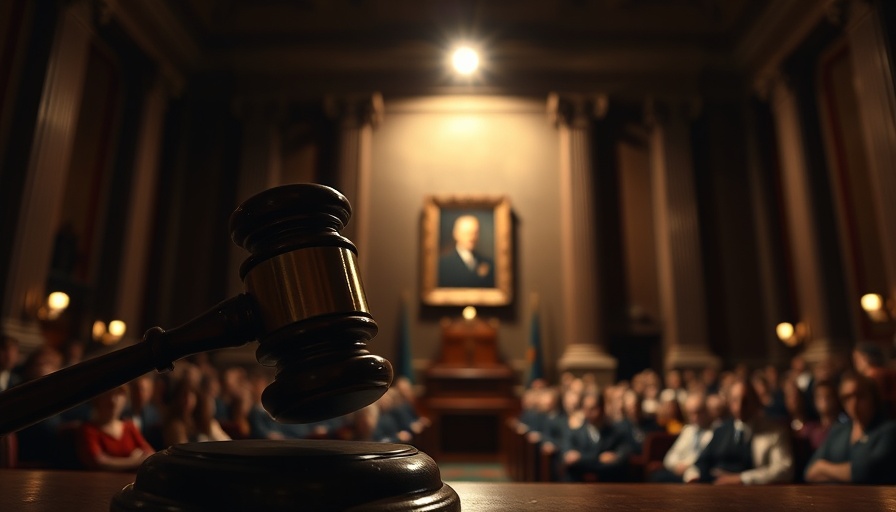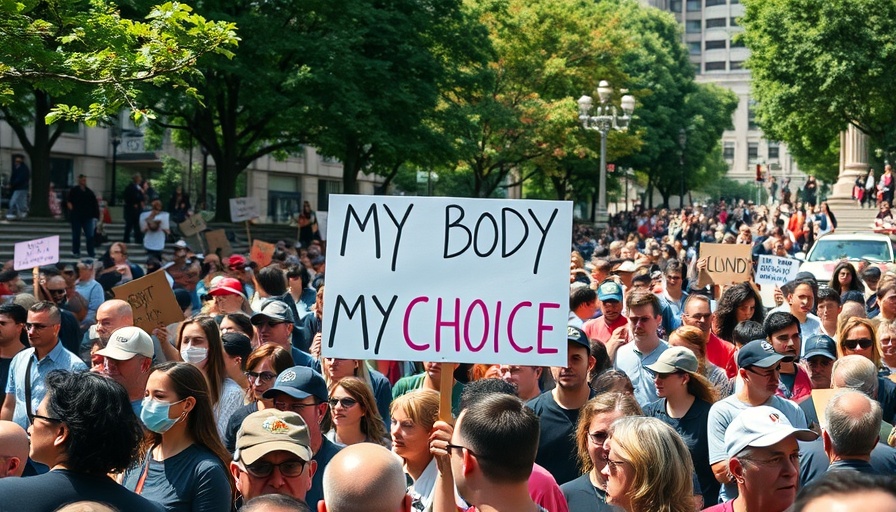
Texas Supreme Court Halts Execution: A Turning Point in Justice?
The Texas Supreme Court's recent decision to halt the execution of Robert Roberson has illuminated significant flaws within the legal system, drawing attention to potential wrongful convictions and the reliability of forensic evidence in the state. Amidst ongoing debates about capital punishment, this intervention raises questions about the integrity of justice processes and might lead to much-needed reforms in Texas’s approach to the death penalty.
A Deep Dive into the Roberson Case
The narrative surrounding Robert Roberson's conviction began in 2002 when he was found guilty of murdering his girlfriend's two-year-old daughter. Serious doubts about the evidence presented against him haunted the case from the start. These inaccuracies came primarily from questionable forensic evidence that failed to conclusively link him to the crime. Compounding these issues was the inadequacy of his defense, which did not challenge the evidence thoroughly or offer alternative explanations for what transpired. Such failures raise immediate concerns about the legal processes that determined Roberson's fate and the potential for grave miscarriages of justice.
Consequences of the Court's Decision
The Texas Supreme Court’s action is monumental, emphasizing the necessity for rigorous scrutiny in capital cases. By halting Roberson's execution, the Justices are not only revisiting his case but are also setting a precedent that could reshape Texas' legal landscape significantly. It reflects an ongoing commitment to ensuring fairness in the execution of justice, proving that the highest courts can correct lower court oversights, especially in life-and-death decisions.
The Issue of Wrongful Convictions
Roberson's case exemplifies the broader, innate problems that plague the American justice system, including wrongful convictions. Many innocent individuals fall prey to flawed investigative practices, unreliable forensic science, and insufficient legal representation. Systematic reforms are crucial to address these issues, as the consequences of false convictions can be devastating—leading to lost lives, shattered families, and degraded trust in the judicial system. Advocating for reform is no longer optional; it is a necessity if we are to protect the innocent and maintain the institution's integrity.
Looking Ahead: The Future of the Death Penalty in Texas
As Roberson's case unfolds, it serves as a turning point for discussions surrounding the death penalty in Texas. This incident could signal a shift in how both lawmakers and the public view capital punishment, prompting calls for a significant reassessment of the law. If ongoing scrutiny amplifies, it may lead to fewer executions, legislative changes, or even an overhaul of the system itself to ensure greater accountability and trust.
Engaging Advocacy for Systematic Reform
As the public becomes more aware of the flaws and inconsistencies in the justice system, advocates are passionately calling for reforms. These efforts aim not only to spotlight wrongful convictions but also to push for improved legal representation and more extensive oversight of forensic practices. The urgency for change resonates strongly within communities impacted by wrongful accusations and harsh sentences, further emphasizing the need for collective action.
In light of these discussions, it is imperative for community members and stakeholders to engage in advocacy, push for reforms, and support organizations working tirelessly to change the criminal justice landscape in Texas. Understanding these cases ensures that personal experiences fuel the momentum for lasting change.
 Add Row
Add Row  Add
Add 




 Add Row
Add Row  Add
Add 

Write A Comment